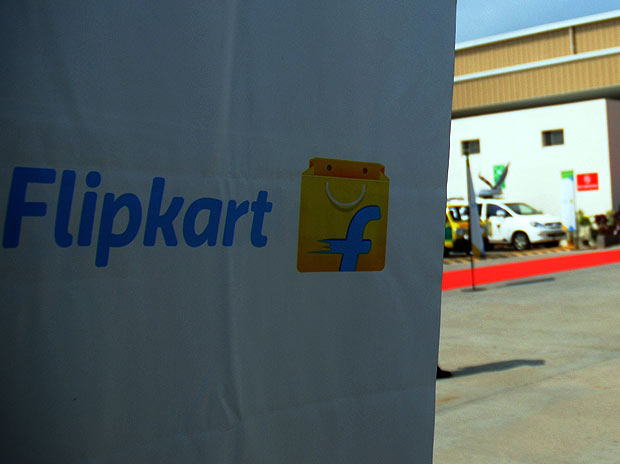
admin
November 26, 2016
Alnoor Peermohamed & Raghu Krishnan, Business Standard
Bengaluru, 26 November 2016
 Indian unicorns such as Flipkart and Ola are
struggling to raise fresh funds at valuations higher than or equal
their last funding round as investors see them ceding market share to
global rivals such as Amazon and Uber in the country.
Indian unicorns such as Flipkart and Ola are
struggling to raise fresh funds at valuations higher than or equal
their last funding round as investors see them ceding market share to
global rivals such as Amazon and Uber in the country.
Both Uber and Amazon are flush with funds and are accused of receiving
more favourable treatment by the local authorities, as they invest
aggressively to dominate India, the last large open market globally.
Flipkart, the most valuable Indian startup and largest e-commerce
marketplace in the country, has seen its value erode from a peak of
$15.2 billion to as low as $9 billion. Analysts attribute the drop in
value to missteps in running the company, but also to the growing
competition from Amazon, which is running up higher losses to grow
market share.
India’s other hot startup, Ola, too recently suffered a markdown in
value by its largest investor Softbank, which attributed close to a
quarter billion dollar loss to the drop in valuations of Snapdeal and
Ola. Ola was last valued at $ 5 billion, but is looking at raising
funds at 40 per cent less at $ 3 billion.
“Amazon and Uber are well-funded internationally and have no problem
bring in funds as and when required. At no point in time are they being
valued with respect to what’s happening in India, but in the case of
Flipkart and Ola they need to raise money periodically,” said Harminder
Sahni, Founder and Managing Director at Wazir Advisors. “I don’t think
they can survive for too long if they are going to be egoistic about
not raising money at a lower valuation. You can’t be smart and say you
won’t do it, because then your company will disappear,”
Both Indian firms have been in talks with investors for nearly a year
to raise fresh funds of as much as $ 1 billion, but with little success
so far. While Flipkart, which now claims it be a bigger and mature
company than a startup, is looking at hiring an investment banker to
pitch itself to newer investors, Ola, which is being pushed to the wall
by Uber, is resigned to accept fresh funds at 40 per cent lower
valuation or at $3 billion from investors such as Softbank. A deal is
yet to be finalised.
“The only option for them is to innovate and go back to their
bootstrapping days. The alternate of succumbing to raising more money
at lower valuations may put these companies in a vicious downward
spiral, as current investors would feel cheated and end up extracting a
heavy price in terms of lesser degrees of latitude that the promoters
will enjoy going forward,” says D.V.R. Seshadri, Clinical Full
Professor at the Indian School of Business in Hyderabad.
Both Ola and Flipkart need cash to battle rivals in the digital economy
which has historically favoured just one player to control a
disproportionate share of the market. This is true in the case of both
e-commerce and ride hailing where the company which can continue to
subsidise products and services for longer to customers and create more
valuable for suppliers will win.
“In my mind
it’s not a choice at all. Survival will always take precedence over
valuation. If you survive, you might be able to build that valuation
back, but if you try to hold out to get the right valuation, you might
die in the process,” said Devangshu Dutta, Chief Executive at
management consulting firm Third Eyesight. “The fact is that e-commerce
has been in the past four to five years a business which is
characterised by attrition. It’s essentially to raise more money so you
can outlast the competition.”
(Published in Business Standard)